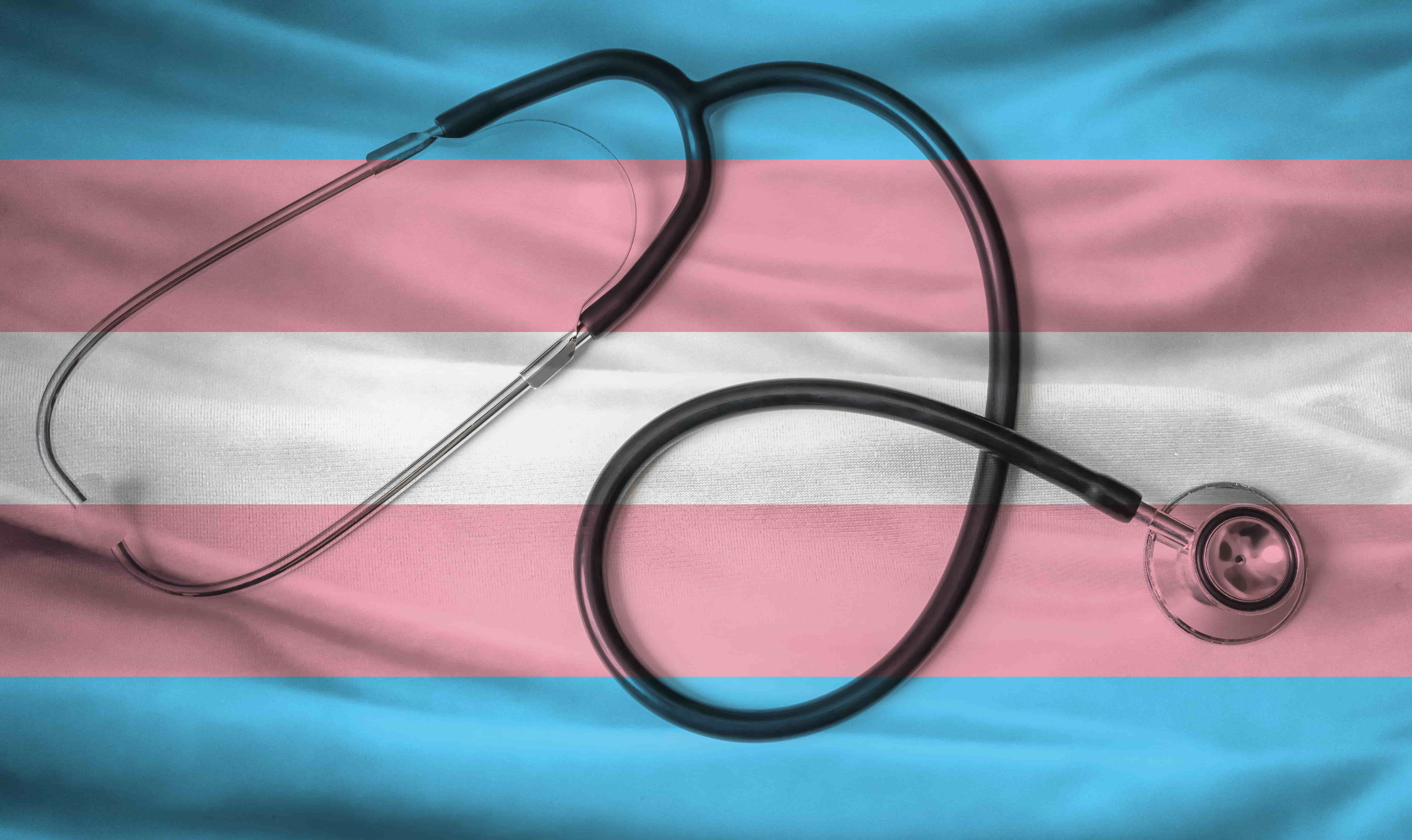Same-Sex Marriages Have Doubled Since Obergefell
New data shows 823,000 same-sex couples are now married in the U.S., with the sharpest rise in states that once banned it.

Today marks 10 years since the Supreme Court’s landmark decision in Obergefell v. Hodges, which made same-sex marriage legal nationwide. Since then, the number of married same-sex couples in the U.S. has more than doubled — even as fears grow that the ruling could be overturned.
The Williams Institute estimates there are now about 823,000 married same-sex couples in the U.S., including 591,000 who have wed since the Obergefell decision.
Many of those couples are raising families, with an estimated 299,000 children under 18 growing up in households with married same-sex parents.
Married couples now make up 59% of all cohabitating same-sex couples in the U.S., up from 43% in 2014, the year before Obergefell. They’ve represented a majority since 2016, the first full year of nationwide marriage equality.
Over the past decade, marriage equality has had its greatest impact in the South. From 2014 to 2023, the share of cohabitating same-sex couples who are married rose by 21% in the South (from 38% to 59%), compared to increases of 16% in the West (46% to 62%), 15% in the Midwest (41% to 55%), and 11% in the Northeast (where 60% are now married).
The sharp increases in the South and Midwest are less surprising given that all 15 states with enforceable same-sex marriage bans before Obergefell were located in those regions. In those 15 states, the share of married same-sex couples jumped by 22% from 2014 to 2023 (35% to 58%), compared to a 14% rise in the other 35 states (up to 60%).
Between 2014 and 2023, the number of married same-sex couples more than tripled in 13 states, including Alabama, Alaska, Arizona, Colorado, Florida, Georgia, Idaho, Montana, Nevada, Rhode Island, South Dakota, Texas, and West Virginia.
About 17% of married same-sex couples are raising their own children — whether biological, adopted, or stepchildren — compared to 10% of unmarried same-sex couples and 38% of different-sex couples. Among married same-sex couples, 24% of female couples are raising children, compared to just 8% of male couples.
Married same-sex couples with children are eight times more likely than their different-sex counterparts to be raising foster or adopted children. Roughly 2.6% of married same-sex couples have a foster child, and 22% have an adopted child — compared to just 0.3% and 3%, respectively, for different-sex couples.
More than half of all married same-sex couples — about 433,000 — live in one of 32 states that still have a same-sex marriage ban on the books, though currently unenforceable.
An additional 305,000 unmarried same-sex couples also live in those states. While most of the bans were struck down or blocked by courts ahead of the Obergefell decision, they could be revived if the Supreme Court overturns its precedent, as Justices Samuel Alito and Clarence Thomas have urged.
Thanks to the Respect for Marriage Act, signed by President Joe Biden in 2022, same-sex marriages must still be recognized by both federal and state governments — so long as the marriage took place in one of the 18 states without a ban on the books.
However, couples in states with active bans would not be able to legally wed. If such marriages were deemed invalid, the consequences could be far-reaching, particularly for parental rights — impacting nearly 163,000 children under 18 currently being raised by same-sex couples in those states.
In a 2024 survey by the Williams Institute, 80% of same-sex couples said they were very or somewhat concerned that the Supreme Court might overturn Obergefell. As a result, 1 in 4 reported taking protective measures — from accelerating marriage or parenthood plans, to pursuing second-parent adoptions, to considering relocation to another state or country.
There is an economic upside — especially for states without bans, which would continue performing same-sex marriages even if Obergefell were overturned. Since the ruling, wedding spending by same-sex couples and their out-of-state guests has added an estimated $5.9 billion to state and local economies. That spending generated about $432.2 million in tax revenue and supported roughly 41,300 jobs tied to the wedding industry.
More importantly, 93% of married LGBTQ respondents in the Williams Institute’s June 2024 survey said they married for love — underscoring that same-sex marriage is driven by emotion, not economics. Seventy-four percent said they married for companionship, while 75% cited legal protections.
More than 8 in 10 married same-sex couples — 83% — said marriage improved their sense of safety and security. Seventy-five percent reported greater life satisfaction, and 67% said their relationships felt more stable.
“Marriage equality has significantly benefited the lives and well-being of same-sex couples, their families, and the communities where they live,” said Christy Mallory, interim executive director and legal director of the Williams Institute, in a statement summarizing the findings.
Support Metro Weekly’s Journalism
These are challenging times for news organizations. And yet it’s crucial we stay active and provide vital resources and information to both our local readers and the world. So won’t you please take a moment and consider supporting Metro Weekly with a membership? For as little as $5 a month, you can help ensure Metro Weekly magazine and MetroWeekly.com remain free, viable resources as we provide the best, most diverse, culturally-resonant LGBTQ coverage in both the D.C. region and around the world. Memberships come with exclusive perks and discounts, your own personal digital delivery of each week’s magazine (and an archive), access to our Member's Lounge when it launches this fall, and exclusive members-only items like Metro Weekly Membership Mugs and Tote Bags! Check out all our membership levels here and please join us today!


























You must be logged in to post a comment.